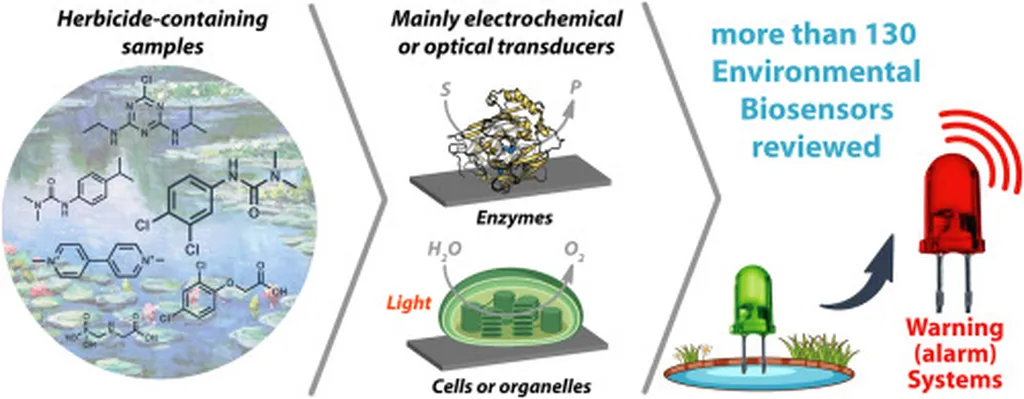In the quest for sustainable and efficient agriculture, herbicide-resistant crops are a critical piece of the puzzle. A recent study published in *PLoS ONE* offers a promising new tool in this endeavor, demonstrating a novel method for identifying transporters that can help plants resist herbicides. The research, led by Hadar Dubkin, introduces a synthetic, yeast two-hybrid-based molecular biosensor that could revolutionize how scientists approach herbicide resistance.
Herbicide resistance in crops is often conferred by transporters that expel herbicides from plant cells, preventing them from taking effect. However, pinpointing which transporter is responsible for a specific herbicide has historically been a daunting task. Dubkin’s team tackled this challenge by engineering a biosensor responsive to alachlor, a commonly used herbicide. This biosensor allows researchers to monitor cytosolic alachlor levels in yeast, providing a clear readout of transporter activity.
The study identified the Saccharomyces cerevisiae transporter PDR5 as a potential mediator of alachlor efflux. “By observing a shift in alachlor accumulation, we were able to confirm PDR5’s role in expelling the herbicide,” Dubkin explained. The team further validated their findings by demonstrating that PDR5’s effect on alachlor accumulation was suppressed by a known competing substrate, underscoring the transporter’s specificity.
The implications of this research for the agriculture sector are substantial. “This biosensor platform could significantly accelerate the development of herbicide-resistant crops,” Dubkin noted. By providing a reliable method to identify and study transporters, the biosensor could streamline the process of engineering crops that can withstand herbicide treatments, ultimately leading to more efficient and sustainable farming practices.
The ability to quickly and accurately identify transporters for specific herbicides opens up new avenues for crop improvement. “This tool could be a game-changer for agritech companies and researchers working on herbicide resistance,” Dubkin added. As the global demand for food continues to rise, the need for innovative solutions to enhance crop yields and sustainability becomes ever more pressing. This research offers a promising step forward in meeting those challenges.
The study, published in *PLoS ONE* and led by Hadar Dubkin, represents a significant advancement in the field of agritech. By providing a robust method for identifying herbicide transporters, the biosensor platform could pave the way for the development of more resilient and productive crops, ultimately benefiting farmers and consumers alike. As the agriculture sector continues to evolve, tools like this will be instrumental in shaping a more sustainable future.

